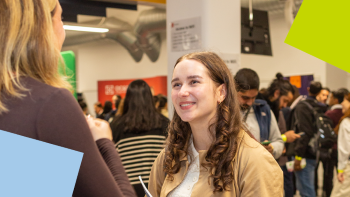In our experience, most organisations believe that extra-curricular activities help candidates stand out in the recruitment process. So what is it that attracts these employers?
For many employers there are three key questions:
- Can you do the job?
- Will you do the job?
- Can I work with you or closely related questions; does the candidate ‘get’ us?
The great thing about extra-curricular activities is that it they can provide evidence for all three questions. In a recent survey by the LSE Volunteer Centre looking at the impact of volunteering, LSE students noted the following:
- over 70% said it had improved their communication skills
- 38% said it help clarify their career direction
- 60% reported an increase in the range of their friendships
- 44% mentioned an increase in general wellbeing
So great impact all round.
Another great thing that extra-curricular activities offer students is the opportunity to demonstrate a potential values fit to future employers and sectors. This was definitely the case for LSE alumnus Antonio Franco Garcia, International Consultant at UNICEF (MPA, 2015), who put his personal values into action. This in turned helped him with his career at UNICEF:
I have always been motivated to make a lasting impact on those around me and make a positive contribution to society, which is why I chose to pursue international development. As a student at the LSE, I launched a student-led society to support UNICEF. Our goal was to fundraise for vulnerable children around the world, and support UNICEF’s work and campaigns. It was a formative experience that forced me out of my comfort zone, and provided an opportunity to network and develop entrepreneurial skills. An internship is also an invaluable addition to your CV for a career in international development (especially if the opportunity is in field) so start building your CV and get to know what it’s like to work in this diverse sector.







2 Comments